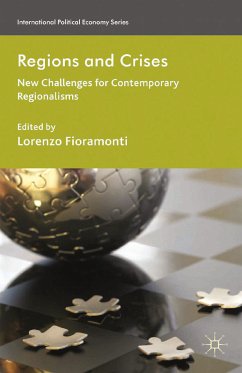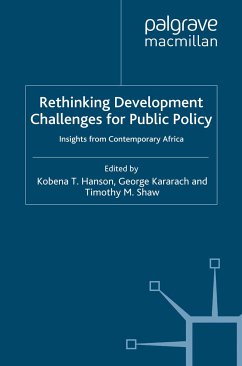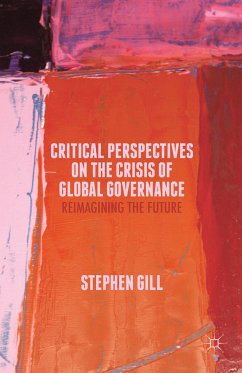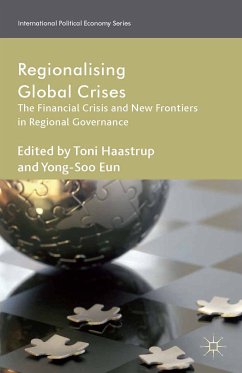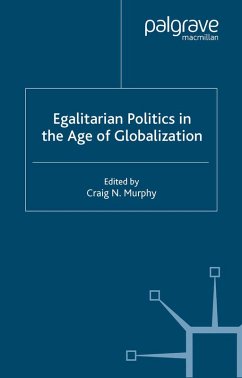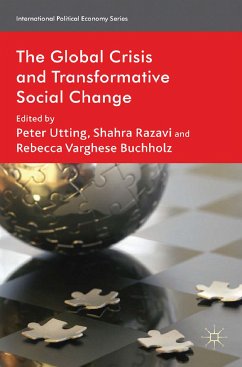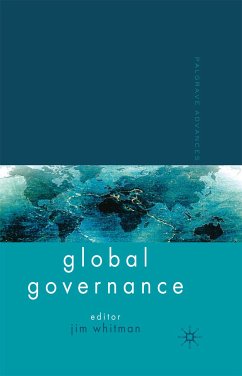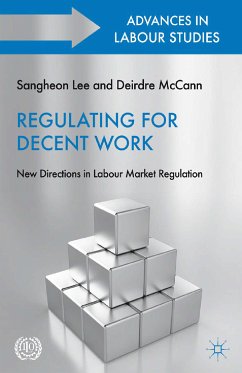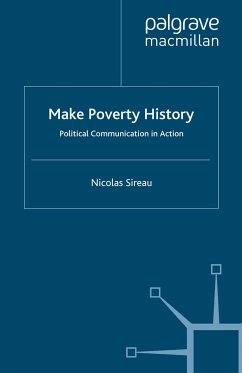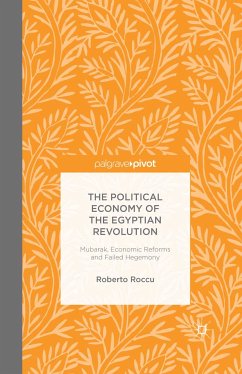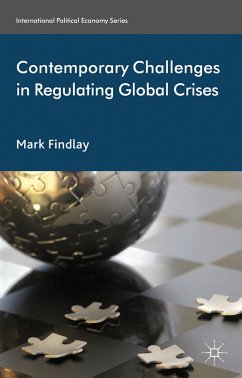
Contemporary Challenges in Regulating Global Crises (eBook, PDF)
Versandkostenfrei!
Sofort per Download lieferbar
40,95 €
inkl. MwSt.
Weitere Ausgaben:

PAYBACK Punkte
20 °P sammeln!
Mark Findlay's treatment of regulatory sociability charts the anticipated and even inevitable transition to mutual interest which is the essence of taking communities from shared risk to shared fate. In the context of today's global crises, he explains that for the sake of sustainability, human diversity can bond in different ways to achieve fate.
Dieser Download kann aus rechtlichen Gründen nur mit Rechnungsadresse in A, B, BG, CY, CZ, D, DK, EW, E, FIN, F, GR, HR, H, IRL, I, LT, L, LR, M, NL, PL, P, R, S, SLO, SK ausgeliefert werden.



